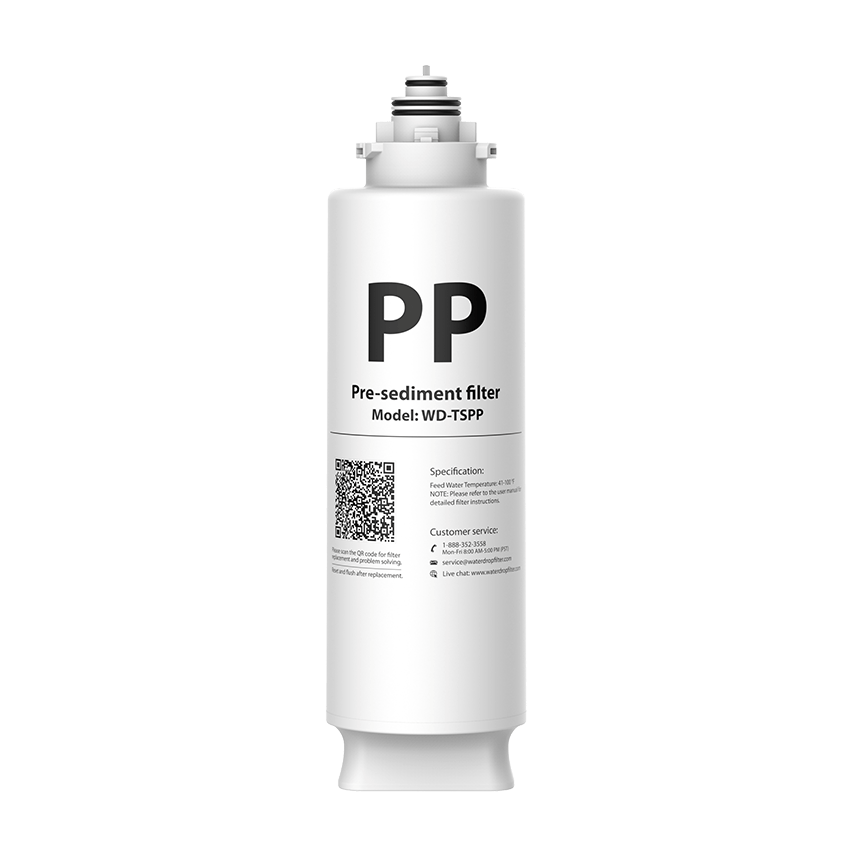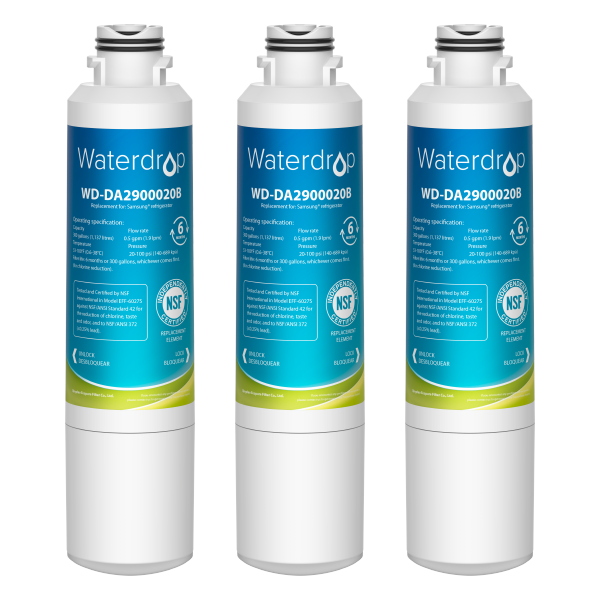Can You Drink Too Much Water?
by Dr. Jonathan Doyle - Updated February 27, 2025
Water is essential for life. We’ve all heard the advice to “drink more water” to stay healthy, hydrated, and energetic. But can you drink too much water? The answer is yes—over hydration is real, and it can be dangerous.
In Australia, where hot summers and outdoor activities make hydration a priority, many people focus on drinking enough water. But few realize that drinking too much water can be just as harmful as not drinking enough. This article will dive into the risks of over hydration, how much water is too much, and how to strike the right balance for a healthy lifestyle.
What Happens When You Drink Too Much Water?
Drinking excessive water can lead to a condition called water intoxication or hyponatremia. This occurs when you consume so much water that it dilutes the sodium levels in your blood, causing an imbalance in your body’s electrolytes.

Symptoms of Water Intoxication
If you drink too much water in a short period, you might experience:
- Headaches
- Nausea and vomiting
- Confusion or disorientation
- Swelling in hands, feet, or lips
- Muscle weakness or cramps
- Severe cases: seizures, coma, or even death
Hyponatremia can be life-threatening if left untreated, but thankfully, it’s rare. However, for athletes, marathon runners, and people who drink excessive amounts of water without replenishing electrolytes, the risk is higher.
How Much Water Is Too Much?
The right amount of water varies from person to person. The commonly recommended 8 glasses (2 litres) per day is a general guideline, but your ideal intake depends on factors like:
- Age
- Weight
- Activity level
- Climate (hotter weather means you need more water)
- Diet (foods high in water, like fruits and veggies, contribute to hydration)
Australian Health Guidelines on Water Intake
According to the National Health and Medical Research Council (NHMRC) , the daily water intake recommendations for Australians are:
- Men (19+ years): 10 cups (2.6 litres)
- Women (19+ years): 8 cups (2.1 litres)
- Pregnant women: 9 cups (2.3 litres)
- Breastfeeding women: 12 cups (2.8 litres)
But these figures include fluids from food, tea, and other beverages, not just plain water.

When Does Drinking Water Become Excessive?
Drinking more than 1 litre per hour consistently over several hours can overwhelm your kidneys, which can only process about 0.8–1.0 litres per hour. If you drink beyond this limit, excess water dilutes your blood’s sodium levels, leading to hyponatremia.
Who Is Most at Risk of Over hydration?
While water intoxication is uncommon, some groups are more at risk than others:
Athletes and Marathon Runners
People engaging in long-duration exercise, such as marathons or triathlons, tend to drink large amounts of water. However, without replenishing electrolytes (sodium, potassium, magnesium), they risk hyponatremia.

People with Certain Medical Conditions
Those with kidney disease, heart conditions, or hormone imbalances might struggle to regulate water levels properly, making over hydration more dangerous.
People on Certain Medications
Some medications, such as antidepressants, antipsychotics, or diuretics, can impact the body’s ability to balance fluids, increasing the risk of over hydration.
Overly Health-Conscious Individuals
In a bid to stay “extra healthy,” some people drink excessive amounts of water, believing it will detox the body or help with weight loss. While proper hydration is crucial, too much water can do more harm than good.

How to Stay Hydrated Without Overdoing It?
Listen to Your Body
Instead of forcing yourself to drink a set amount, pay attention to your thirst levels. Your body is a great indicator of when you need more fluids.
Check Your Urine Colour
A simple way to monitor hydration is by looking at your urine colour:
- Pale yellow (like straw or light beer) → Well-hydrated
- Dark yellow or amber → Dehydrated, drink more water
- Completely clear → You may be over hydrating, slow down
Balance Water with Electrolytes
If you’re sweating a lot—whether due to exercise or hot Australian summers—make sure to replenish sodium, potassium, and magnesium with:
- Electrolyte drinks (but avoid high-sugar ones)
- Coconut water
- Bananas, nuts, and leafy greens
- Adding a pinch of salt to your water if needed

Don’t Force-Drink Water
Some diet trends recommend drinking massive amounts of water for “flushing toxins.” But your kidneys naturally detox your body—drinking excessive water won’t make this process faster or more effective.
Hydrate Through Food
Fruits and vegetables like watermelon, cucumbers, oranges, and celery have high water content and contribute to hydration naturally.
Final Thoughts
While staying hydrated is crucial, especially in Australia’s hot climate, balance is key. Drink when you’re thirsty, monitor your urine colour, and ensure you’re getting electrolytes if needed.
By paying attention to your body’s signals and not overloading on water, you can maintain healthy hydration levels without the risks of over hydration.
Contaminants Detected in Fruitland Water Special Service District
30
Contaminants
EXCEED EWG HEALTH GUIDELINES
EXCEED EWG HEALTH GUIDELINES
30 Total Contaminants in Your Water
Water Provider
Fruitland Water Special Service DistrictPopulation Affected
120,000Water Source
Ground waterExceeds Guidelines
Others Detected









